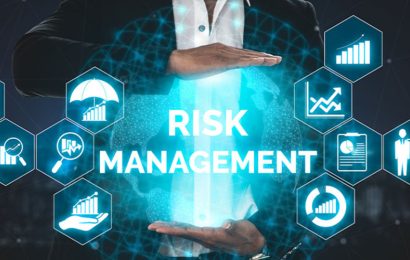
- Duration: 13 weeks
Course overview
Active community partnership projects between corporates or governments and the communities aim to co-create societal impact, which in return will positively affect business and governance. This Strategic Community Relations online training aims to provide managers, professional leaders, policy makers, academic professionals and all employees to acquire in-depth insights and hands-on knowledge on how to best create shared value for communities and businesses alike. This training seminar will not only dispel myths relating with community engagement but will also focus on how to manage community stakeholders effectively to ensure a ‘win-win’ and to prevent conflict whenever possible.
This training will highlight:
• The reasons why every company should take into account the environment and communities surrounding their business operations
• How to define and devise a community strategy for your company?
• Different approaches to community engagement from a corporate perspective
• Why correctly engaging key stakeholders will be key to sustainable growth within a company?
• How to measure, evaluate and report corporate community programmes?
Course Learning Outcomes
At the end of this course the participants will be able to:
• Understand the role of organizations in managing community relations
• Discern the different areas of meaningful impact organizations can have in the communities they operate in
• Develop meaningful stakeholder engagement techniques
• Learn how to analyze and report impact and why this is important.
Course content
DAY 1
The Communities We Operate In
• Corporate Social Responsibility (CSR) vs. Community Engagement
• Understanding the Importance of Community Engagement
• Defining the Corporate Community Involvement Mission
• Identifying Key Stakeholders
• Stakeholder Expectations of Our Organization
• Assessing Impacts and Pre-empting Risks
• Reputational Impact
DAY 2
Integrating Community Involvement into the Business
• Integrating Community Involvement into the Business
• Environmental Issues
• Health and Safety
• Local Procurement
• Education
• Capacity Building
• Reputation Management
DAY 3
Practical Steps for Community Engagement
• Developing Engagement Programmes
• Engagement Techniques
• Corporate Communication with the Communities
• Presenting our Organization to the Communities We Operate In
• Budgeting
• Practical Exercises in Community Dialogue
DAY 4
Types of Community Programmes
• Community-Driven Projects
• Social Contribution Projects
• Supporting Neighboring Communities in Case of a Disaster
• Corporate Giving and Foundations
• Connected Leadership
• Employee Involvement
• Manage Cross-sector Collaboration
DAY 5
Measuring, Evaluating and Reporting Corporate Community Programmes
• Goal Setting and KPIs
• Measuring Success of Our Initiatives
• Integrated Reporting Module 3 – Fraud Detection Programs & Controls
Target audience
• Executives involved in strategic and operational functions
• Corporate Social Responsibility (CSR) Practitioners at all levels
• Business Operations Managers
• All Personnel involved in communications, business strategy, community relations, governmental affairs.
Training Methodology
State-of-the-art business facilitation methods are transferred by means of short, focused presentations which are followed by experiential learning workshop sessions. In these sessions, the knowledge gained is applied to real-world examples and case studies. Rapid learning of the methods and techniques is achieved by means of group work, individual work, participant discussion, facilitator interaction and constructive feedback.
WHY STUDY WITH US?
Diamond Training Institute give you the opportunity to further your education and acquire the knowledge and skills that are relevant in the workplace.
ON-TRACK FOR GROWTH
The individual leaves this course with a Personal Action Plan to encourage immediate transfer of training to the job.
EVALUATION TO ENSURE CONSISTENT QUALITY
All our courses are evaluated at Kirkpatrick’s Reaction and Learning levels as part of our quality control process.
Download Course Outline Here





